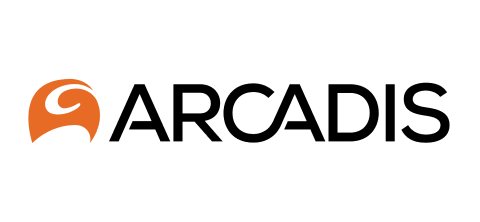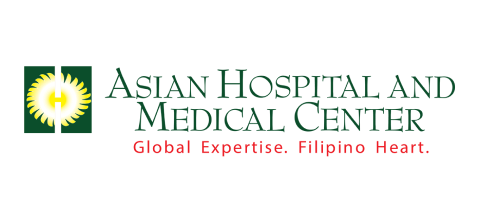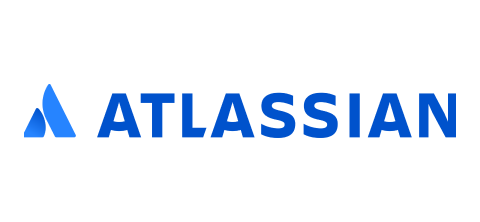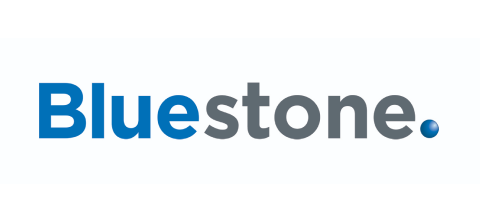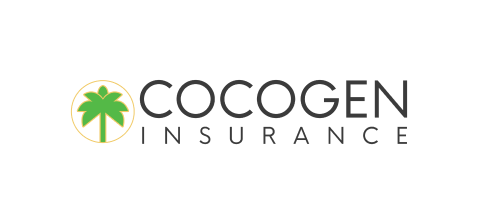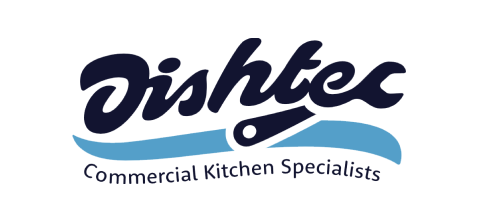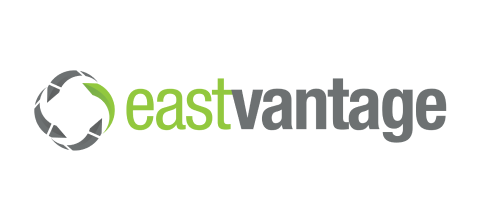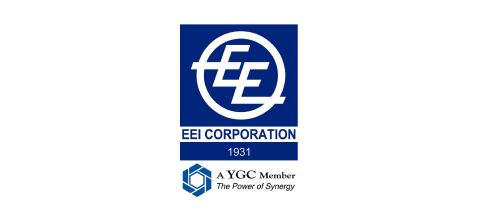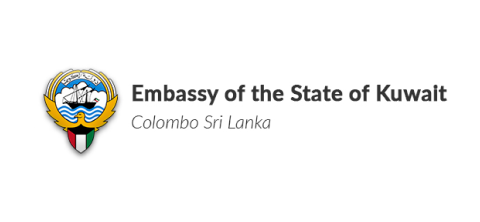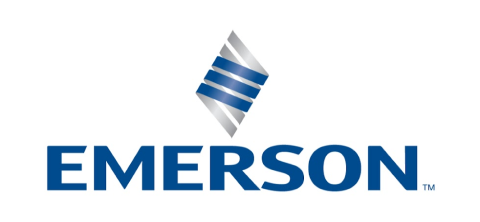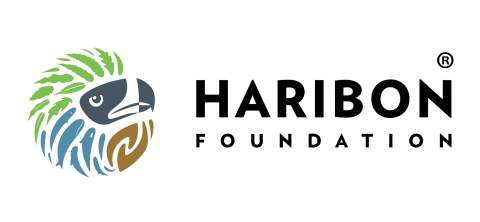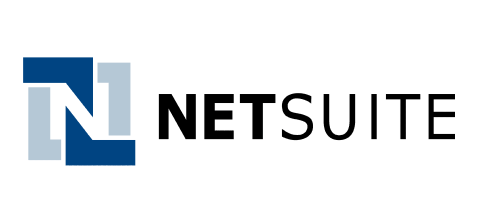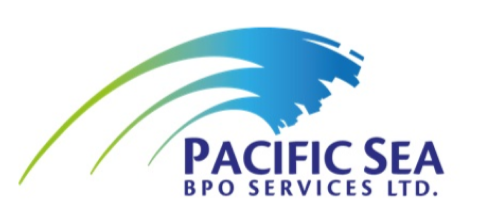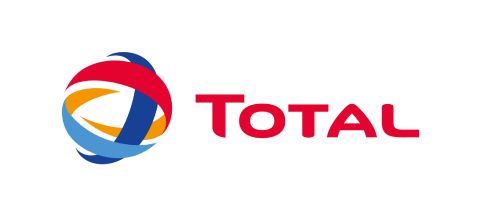Have you ever fantasized about going on an adventure around the world and learning about different cultures? Maybe you’ve toyed with the idea of going to far-flung places for vacation, or maybe you’ve thought about getting a job in the thriving tourism industry. No matter what your reasons are for wanting to learn English for travel and tourism, setting the right goals for your language learning is the most important thing you can do to ensure your success.
In this article, we will delve into the importance of defining your objectives and how it can shape your journey of English Language Learning Goals. This will provide you with the necessary skills to confidently navigate a variety of travel scenarios.
This article delves into the significance of establishing distinct English language learning goals when one is considering enrolling in English language classes. It will assist readers in determining their goals, whether they are related to professional development, furthering their education, expanding their horizons through travel, or developing themselves personally.
Career Advancement in English Learning
The ability to communicate fluently in English is an absolute requirement for anyone seeking success in the travel and tourism industry. This sector relies heavily on international collaboration, and the English language is widely recognized as the de facto standard for communication on a global scale.
Effective communication with international customers is essential if you want to be successful in the hospitality industry, whether you work in a hotel, travel agency, or airline. You will be able to concentrate on acquiring the essential vocabulary for travel and mastering the phrases that are required for excellent customer service if you first set clear language learning goals that align with your career aspirations.
You could, for instance, make it a particular objective of yours to acquire expressions for the professional management of hotel reservations, or you could practice airport-related expressions in order to assist travelers with check-in procedures and baggage handling. In addition, if you want to stand out in the cutthroat travel and tourism industry, one of the most valuable skills you can acquire is the ability to deal with customer complaints in a manner that is respectful and compassionate.

Academic Purposes in English
To be successful in studying abroad or taking classes that are related to traveling and tourism, you need to be fluent in English. Because English is frequently used as the medium of instruction in educational settings, having a solid command of the language makes it much easier to interact with course material, take an active part in class discussions, and form connections with classmates who come from all over the world.
You will have the ability to succeed in your studies if you set language learning goals that are tailored to your academic requirements. You can set measurable goals for yourself, such as obtaining a certain score on an English language proficiency exam such as the TOEFL or the IELTS, or improving your academic writing skills in order to effectively communicate your ideas in research papers and essays.
Wanderlust and Sightseeing Goals
Just for a moment, picture yourself marveling at the Eiffel Tower, exploring the Grand Canyon, or taking a leisurely stroll through the streets of Tokyo. If you are fluent in English, you will have the ability to interact with natives, navigate through various tourist attractions, and fully immerse yourself in the local culture. Your travel experience will be greatly improved if you set language learning goals that incorporate different sightseeing scenarios.
You could, for instance, make it one of your specific objectives to be able to ask for directions, comprehend guided tours, and engage in conversation with other travelers while on group excursions. As you travel to new locations, expanding your knowledge of English history and culture will not only broaden your perspective but also enrich your experiences.
Restaurant Conversations and Shopping
Consumption of food and the opportunity to shop are essential components of any trip. You will be able to order mouthwatering dishes with confidence and have a better understanding of the regional cuisines if one of your language learning goals is to have restaurant conversations in restaurants. In a similar vein, if you are going to engage in retail therapy, you should familiarize yourself with the terminology associated with shopping so that you can have a more enjoyable and fruitful experience.
You are able to set goals for yourself that are attainable, such as learning common phrases related to food, understanding menus, and being able to communicate dietary preferences and allergies to waitstaff. When it comes to shopping, you can make it a point to negotiate prices, inquire about products, and state your preferences while looking for souvenirs or one-of-a-kind local goods.

Transportation
It can be extremely challenging to use the public transportation system in a foreign country, particularly if you do not speak the local language. Having English, on the other hand, will make overcoming this obstacle much simpler for you. If you set language learning goals for yourself that include phrases related to various modes of transportation, you will be able to navigate the city with ease by using public transportation, such as trains, buses, and taxis.
You will be able to travel more independently and feel more confident when using public transportation if you set specific goals to learn vocabulary related to transportation, such as how to buy tickets, ask for directions, and understand announcements.
Embracing Cultural Customs
Learning a language involves more than memorizing words and phrases; it also requires an awareness of subtle cultural differences. Establish objectives for your language learning that include the acquisition of cultural norms, etiquettes, and gestures. This will help you connect with locals, demonstrate respect, and create experiences that you will remember long after you return home from your trip.
When interacting with people from different cultural backgrounds, you can make it a point to understand the significance of local customs and traditions, learn the appropriate greetings, and comprehend social norms. You can set goals to accomplish these things. Your travel experiences will be richer in both meaning and authenticity if you place an emphasis on achieving goals that promote cultural sensitivity and appreciation.
Tips for Setting Language Learning Goals
Be Specific
Determine in great detail what it is you hope to accomplish through the use of English. Instead of a vague goal like improve English, set a specific goal like “hold a 10-minute conversation with a native speaker about travel destinations.”
Make It Measurable
Determine the criteria that will be used to evaluate your progress. You could, for instance, make it your mission to acquire fifty new travel-related words every week or to engage in English conversational practice with native speakers for a predetermined number of hours every month.
Being Realistic
Means setting goals that you can actually achieve and that correspond to your current level of language proficiency. As you make progress, it is important to gradually make your goals more difficult to achieve.
Create a Timeline
Establish benchmarks and benchmark dates for your language learning objectives. This will ensure that you remain motivated and focused on achieving them within a timeframe that is appropriate for the task at hand. You can set goals for the short term, the medium term, and the long term to ensure that you are making consistent progress.
Boosting Language Learning Motivation
Recognize and honor your accomplishments, no matter how minor they may seem, and throw a party in their honor. Your motivation to keep learning will increase if you give yourself rewards for your progress. As you reach certain language learning milestones, you might want to celebrate by indulging in a regional specialty or organizing an exciting excursion in the location where you will be vacationing.
Conclusion
Learning English as a second language for the purpose of travel and tourism opens up a whole new world of possibilities. You can pave the way for success in your professional endeavors, academic endeavors, and personal development by establishing clear goals for your language learning.
Whether it be mastering travel vocabulary, excelling at hotel reservations, or confidently navigating local attractions, defining your objectives will shape your journey of language learning and transform your travel experiences into cherished memories. So, tell me, what exactly are you anticipating? Create a plan for your language study today, and get ready for an incredible journey into the world of language!
Enroll Now!
Ready to level up your business communication skills? Enroll now at American English Training and Development Center, Inc. 🚀🇺🇸.
Unlock the potential of your professional communication with our specialized and customized training programs designed to cater to the demands of today’s business world. Our industry-leading instructors will guide you through real-world scenarios, ensuring you gain the confidence and competence to excel in any corporate setting. 💼✨
👍📝Join us today and experience the benefits of our practical approach, honing your speaking, writing, and presentation skills. Whether you’re a seasoned executive or a budding entrepreneur, our tailored courses will empower you to communicate with impact and influence, fostering success in every aspect of your career. 💼📸🎥
Don’t miss this opportunity to excel in the corporate world. Take the first step towards proficiency today! 🎯 Take the first step towards excellence by enrolling now at American English Training and Development Center, Inc. Your journey to professional success starts here!
Visit us at americanenglish.ph to discover how our practical approach to English training can propel you to success! 💼✨





